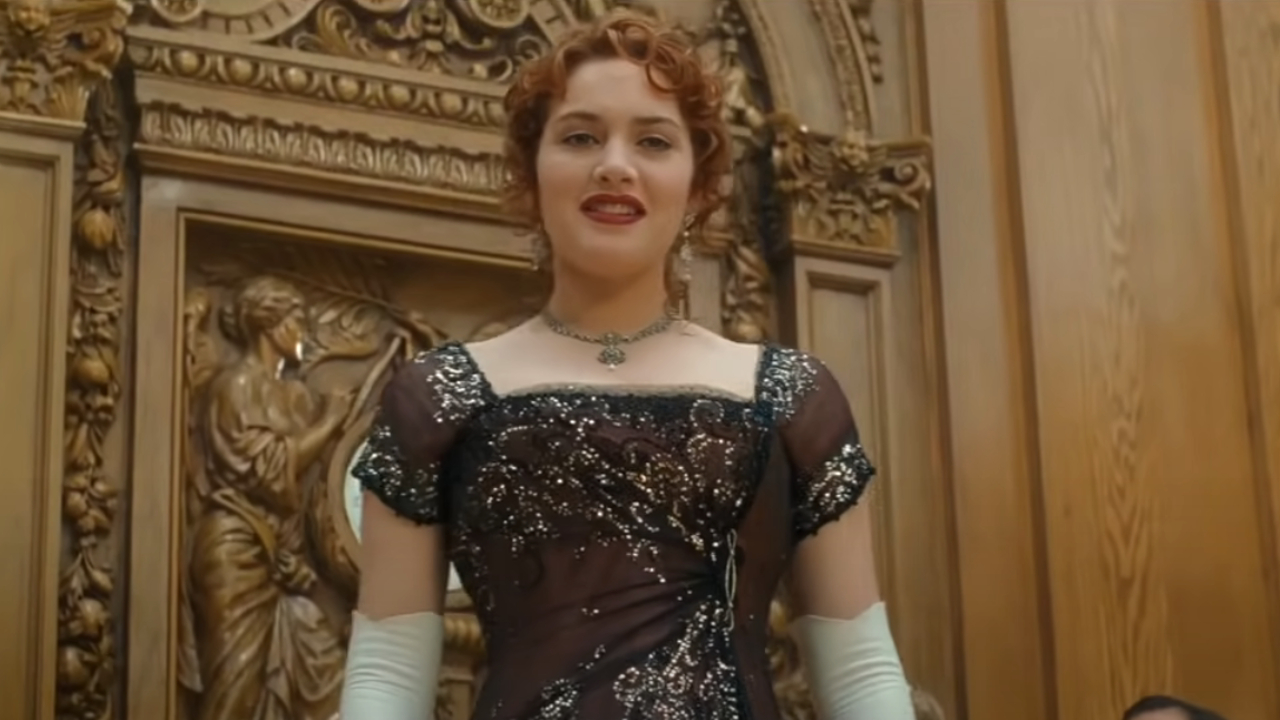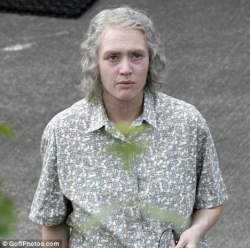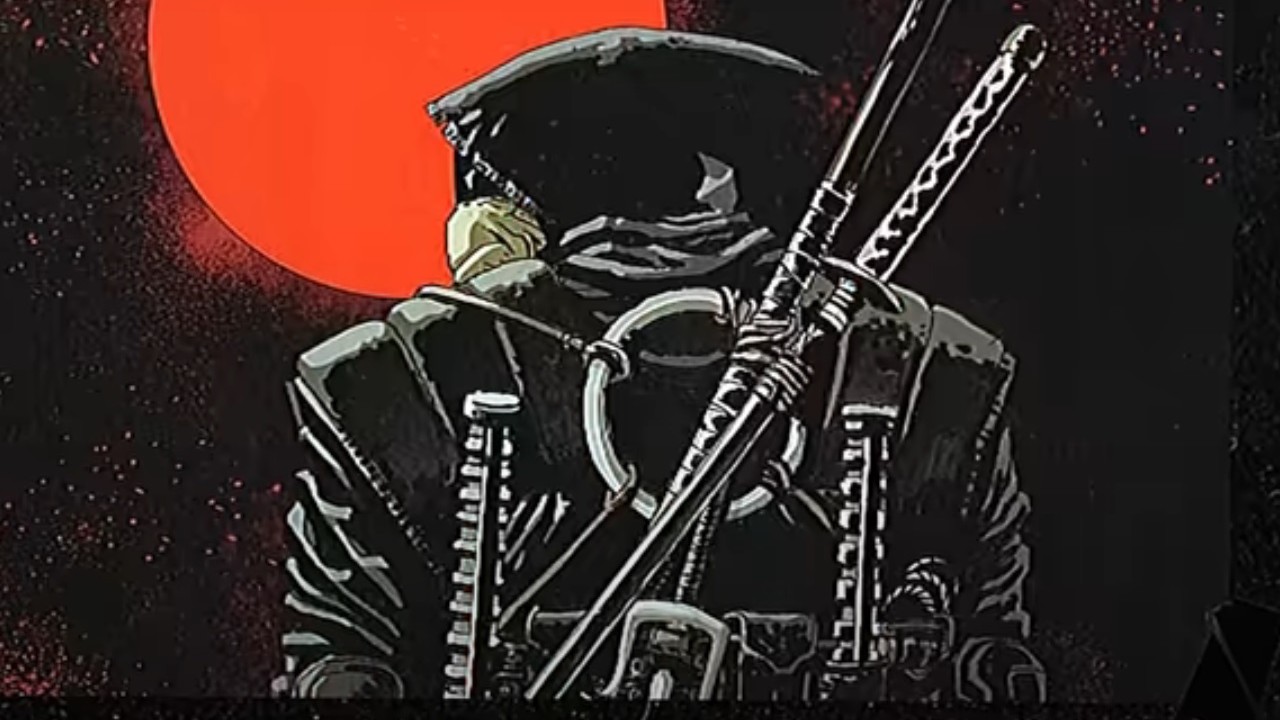Interview: Kate Winslet

Your Daily Blend of Entertainment News
You are now subscribed
Your newsletter sign-up was successful
I'm really lucky I didn't embarrass myself in front of Kate Winslet. She walks into the room perfectly coiffed, totally professional, ready for whatever over-personal or inane questions we throw at her. And it's really hard to resist the urge to tell her how many times I watched Titanic as a teenager, or how I saw Eternal Sunshine of the Spotless Mind three days after my first-ever breakup and cried, or the countless other ways I've admired her for what seems like forever. Because that would be unprofessional, and kinda creepy, and I'd like to think I'm beyond that.
Plus there were other people in the room, who managed to keep the conversation about her new movie, The Reader, and not about how obsessed we are with her. Because I'm sure we all have our own stories to tell. Read below for our chat with Winslet, including her famous proclamation on Extras that the only way to win an Oscar is to do a Holocaust movie, her "love triangle" on the set of Revolutionary Road with Leonardo diCaprio and her husband Sam Mendes, and whether or not she used that famous "dirty talk" with co-star David Kross.
Apparently getting this role and finishing it has been a lot of back and forth for you?
The character in the novel first came to my attention about six years ago, when I was pregnant with our son Joe. I read the book. I was 27 at the time, and i was absolutely gripped, compelled and ultimately devastated by the novel. And I immediately though, well, somebody must be making this into a movie. Who's going to play Hanna Schmitz? I never, ever thought of myself. At the time I was 27, and 27 and 32-- I don't know, that seemed like such a big gap. Years later, in April of last year, when Stephen wanted to talk to me about this, I was so shocked. My immediate thing was, 'I can't play that part! I'm too young. Well, wait a minute. I am that character's age now. My God.' I knew that I wanted to play the part 100%, but logistics got in the way. We just couldn't figure it out. Then it became Nicole Kidman's part, and then Nicole became unavailable due to her pregnancy, and the schedule had shifted somewhat, and the role opened up for me again. I just felt so lucky and amazed and blessed that that happened. It was a remarkable year for me, I played April Wheeler and Hanna Schmitz. And I'm absolutely exhausted as a consequence. I can put one foot in front of the other, sort of. It has been amazing, and to say that it's been the most creatively rewarding 18 months of my life would really be an understatement. It's just been unbelievable. Here I am at the age of 33 and the roles I'm being offered are getting more and more interesting, and more and more challenging.
I'm a huge fan of Extras, actually--
[She sings] Da-da-da!!
So I need to ask you--
Your Daily Blend of Entertainment News
You need to ask me? You need to?
Yes. How funny would it be if you won an Oscar for this?
It would be funny.
Would you thank Ricky [Gervais]?
No, he had nothing to do with the making of The Reader! it hasn't occurred to me quite honestly. Midway through shooting the film, someone mentioned it to me, and I literally had this moment of "Oh yeah!" The thing is, for me, in a funny way, this was never a Holocaust movie to me. That's part of the story and provides something of a backdrop, and sets the scene. But to me it was always an extraordinarily unconventional love story between two people who were both very different as people and because of the age gap, and because of Hanna's two secrets.
And during your love scenes with David, did you use any of your famous dirty talk to break the tension?
No, no I didn't
He said there was joking.
Well, there was no joking around, absolutely not. But we would laugh at how ridiculous the situation seems to be. I would turn to him and I'd say, 'Oh hi, and you are? That's right, David. I'm Kate. It's very nice to meet you.' You have little moments of sort of breaking the weirdness. It's a weird thing for an actor to have to do, and the most important thing is keeping a sense of humor about it, and remembering that what's important is not what your body looks like, but conveying the emotions that are between those two people in those intimate moments. It was wonderful for me actually to watch David relax literally, as each minute would pass. I could see him think, 'Ah, this actually isn't so bad. Kate said it wouldn't be, and she was right. This is really OK.' And the truth is he didn't need very much looking after. I was absolutely there for him, I talked him through it all, really just explaining those things to him. From my own very specific experiences, it's the elements of the unknown about scenes like that that are way worse than reality. Just to turn around to David and say 'There's going to be about three people in the room.' I literally saw the world fall away from shoulders. He was like, 'Really?' and I said 'Yeah, what did you expect?' He said, 'Well I thought it would be the whole crew,' and I said 'Oh good Lord no! They'll be way outside. You're not going to see them for a week.' Having had those experiences as a young actor, I was very happy to share them with David, because I knew it would be important for him to know that I had been there too. I wanted him to benefit from the knowledge I had gained about feeling uncomfortable as an actor, and how to deal with it. He's older than I was when I shot Heavenly Creatures at the age of 17, in New Zealand, all by myself for four months. So he didn't need a huge amount of hand-holding.
How did you deal with the triangle between you, Leo and your husband on the set of Revolutionary Road?
There was nothing to deal with, to be honest. I was so excited to work with Sam for the first time. I could not wait. And to be reunited with Leo, it was just such a dream. For Sam to work with the both of us together, knowing that we had this friendship, this trust and this history that predates my relationship with Sam even, he knew that was going to benefit our portrayal of these two people. My husband is not a jealous person in any way. He literally let Leo and I go and be Leo and I. When we were on set I wasn't standing at the monitor massaging my husband's shoulders, I was in a corner running lines with leo. Sam always treated me like the actress playing April Wheeler, not his wife playing April Wheeler. It was a very collaborative and professional environment. It was really no different from any other movie set I've been on. We were just able to benefit from these very close relationships, my relationship with Leo and my relationship with Sam.

The aging process with the makeup in this movie is outstanding. It would be so easy for you to let the makeup do the acting. How did you balance that? What did you do to prepare to be that older woman?
The makeup was unbelievable. We all worked together as a team. That makeup was designed by all of us together. We knew it just had to look real, and we were determined to make it the best prosthetics ever seen onscreen. Everybody contributed to these ideas. Everyone had something to contribute, but in terms of the acting of those moments, quite honestly, I really just observed older people. I would watch people in cafes, how they would stand up.
Were there any fish out of water moments for you, not being German on this German set?
I didn't have any fish out of water moments, no. It was a very small crew, so everyone knew each other by their first name and got along just so great. They would all really try and speak English all of the time, because they felt like it was inappropriate to speak their own language if myself or Stephen or Ralph was there. I did the majority of my learning before getting there, but what I did take away was how people are still really struggling with this guilt, particularly young people. They're really trying to come to terms with the horrific crimes of a previous generation. That was overwhelming to me. It's everywhere. Some of the German crew members just found it so hard, particularly the trial sequences.
Did you find yourself forgiving Hanna in any way?
No. Sorry but those are straight-up answers.
What was your take on her?
My take on her... we don't have three hours. My job as the actress playing Hanna Schmitz, as the actress playing any part, is to understand the character, and to ultimately love the character. And I did love Hanna, absolutely, because I understood her as profoundly as I did at the end of the day. Did I sympathize with her? Yes I did. But that doesn't mean I sympathized with S.S. guards, not at all. But that's what i love about the film. It's not a story about forgiveness, it's not a story about reconciliation. It's a story about regret-- how you don't choose who you fall in love with.
Staff Writer at CinemaBlend

